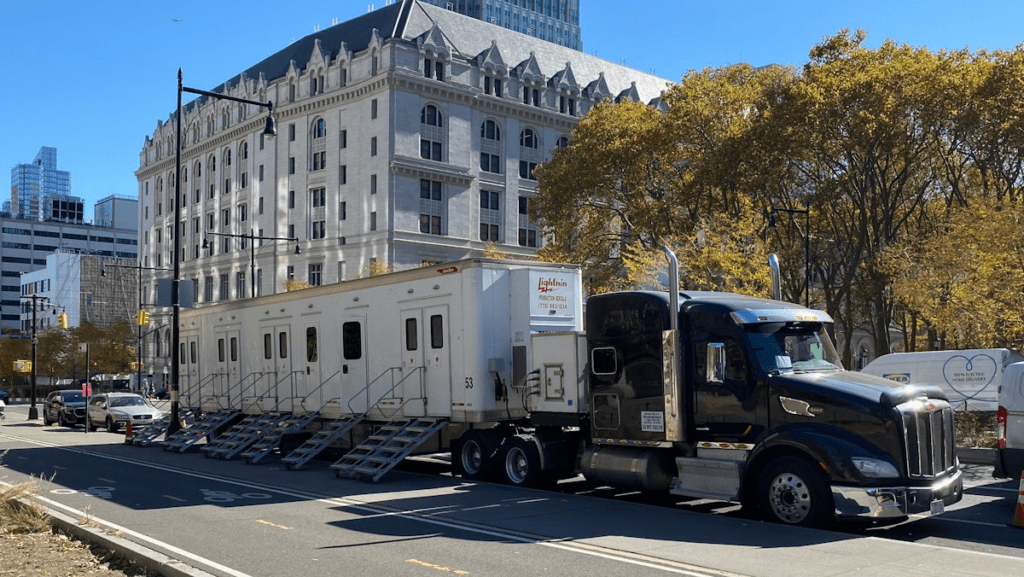States Reassess Advanced Clean Trucks Rule
As various states, including California, critically evaluate the practical implications of the California Air Resource Board’s Advanced Clean Trucks (ACT) rule, some are starting to reconsider the ambitious sales mandates for “zero-emissions” trucks. New York is the latest state contemplating a postponement or withdrawal of its adoption of the ACT, which is scheduled to take effect on January 1.
Overview of the ACT Requirements
The Advanced Clean Trucks rule mandates that manufacturers of vehicles over 8,500 pounds increase the sales of zero-emission vehicles (ZEVs) in New York, beginning with a target of 7% ZEV sales by 2025 and ultimately reaching 100% by 2045.
Lack of Support and Infrastructure Challenges
According to Zach Miller, Vice President of Government Affairs for the Trucking Association of New York, the ACT is struggling to gain traction. Lawmakers are now questioning whether to delay the sales mandate by a couple of years to allow for more charging infrastructure development.
No Charging Facilities Present
On Monday, the New York State Thruway Authority reported that there are currently “no Medium or Heavy-duty chargers on its system.” Furthermore, a public inquiry about charging infrastructure revealed that the New York State Energy Research and Development Authority does not track the specific number of medium- and heavy-duty electric vehicle chargers in the state.
Impact on Fleets and Dealers
Miller emphasized that the lack of charging infrastructure compels fleets to retain older vehicles longer rather than replacing them. He noted challenges faced by dealers, who are struggling to place orders with manufacturers. This situation reflects similar issues reported in California, where the ACT was initially conceived.
Concerns Among Lawmakers
Miller expressed hope that New York would at least postpone the rule by two years, particularly since the state has exempted specific equipment like snow plows but has not extended similar exemptions to private fleets. He highlighted that New York’s legislators are slowly recognizing that electric trucks may not be ready to fulfill even the initial 7% sales mix for manufacturers in 2025.
Future Considerations and Optimism
Miller acknowledged the ongoing conversations between government and industry about finding sustainable solutions, possibly through renewable diesel. He indicated that recent political changes might alter perspectives on the feasibility of the ACT, especially considering that CARB’s retraction of its waiver application for the Advanced Clean Fleets rule signals a shift in momentum. For the time being, it appears that New York’s ACT may end up like the 53-foot trailer ban—unenforced.


